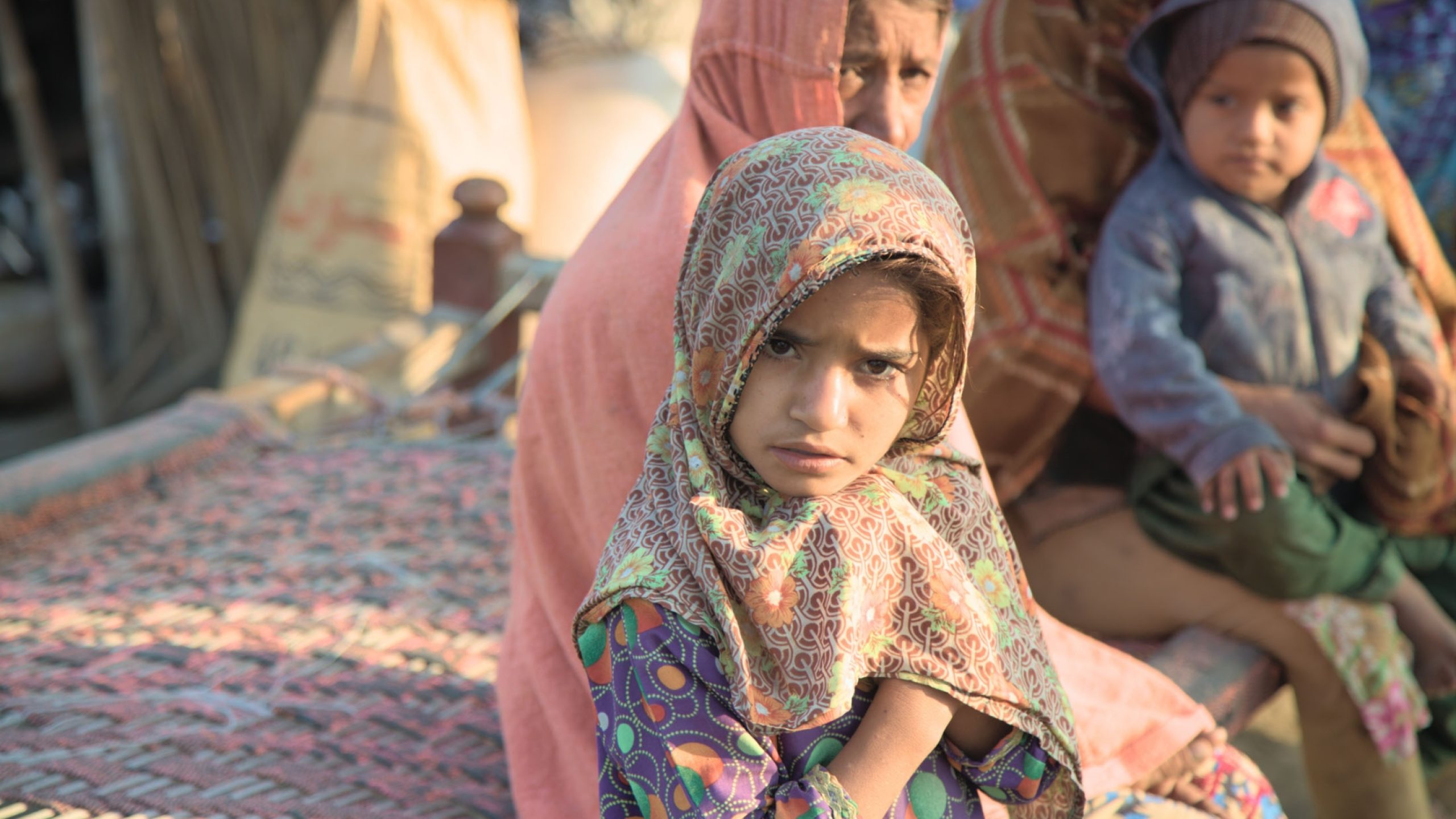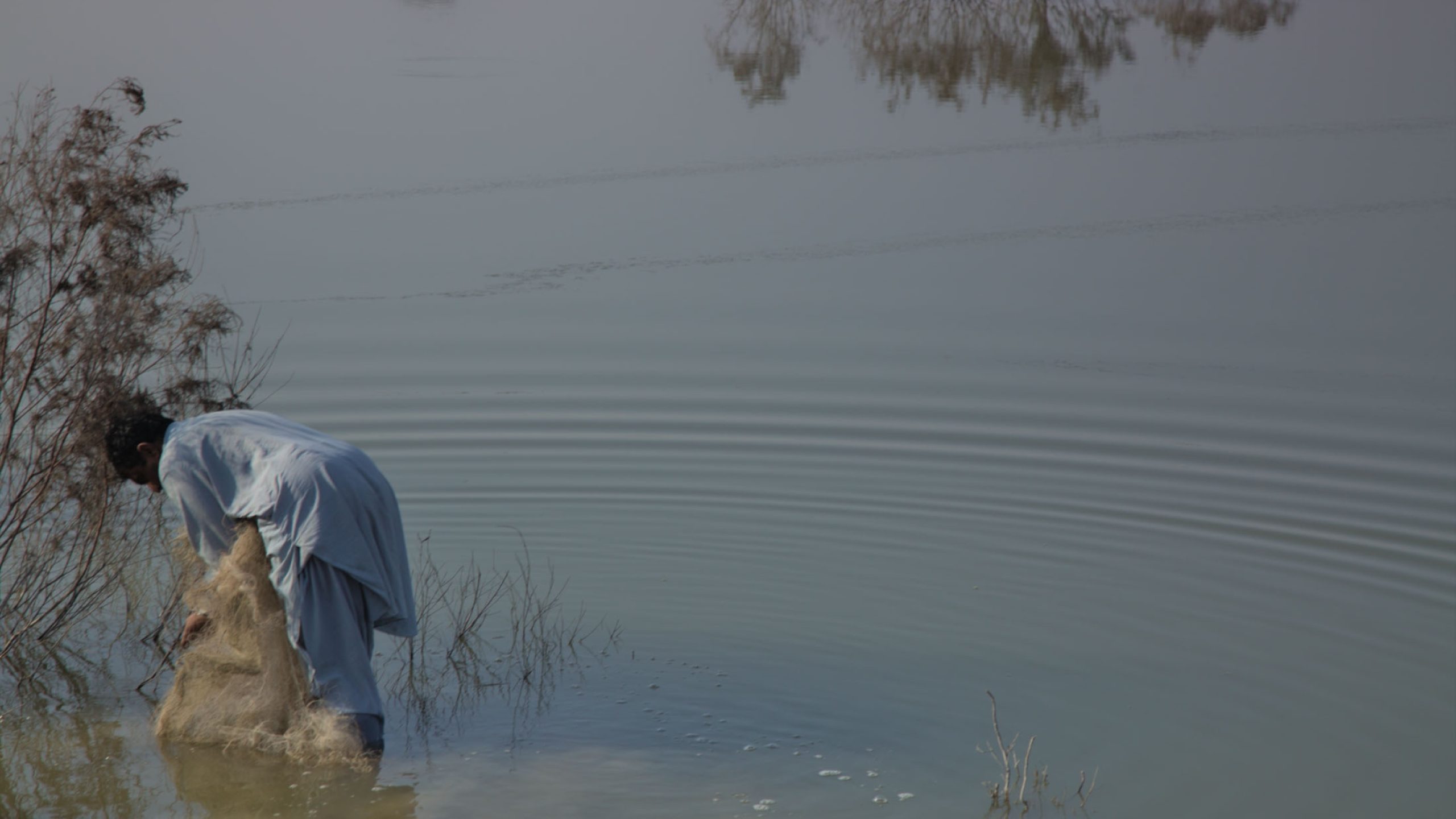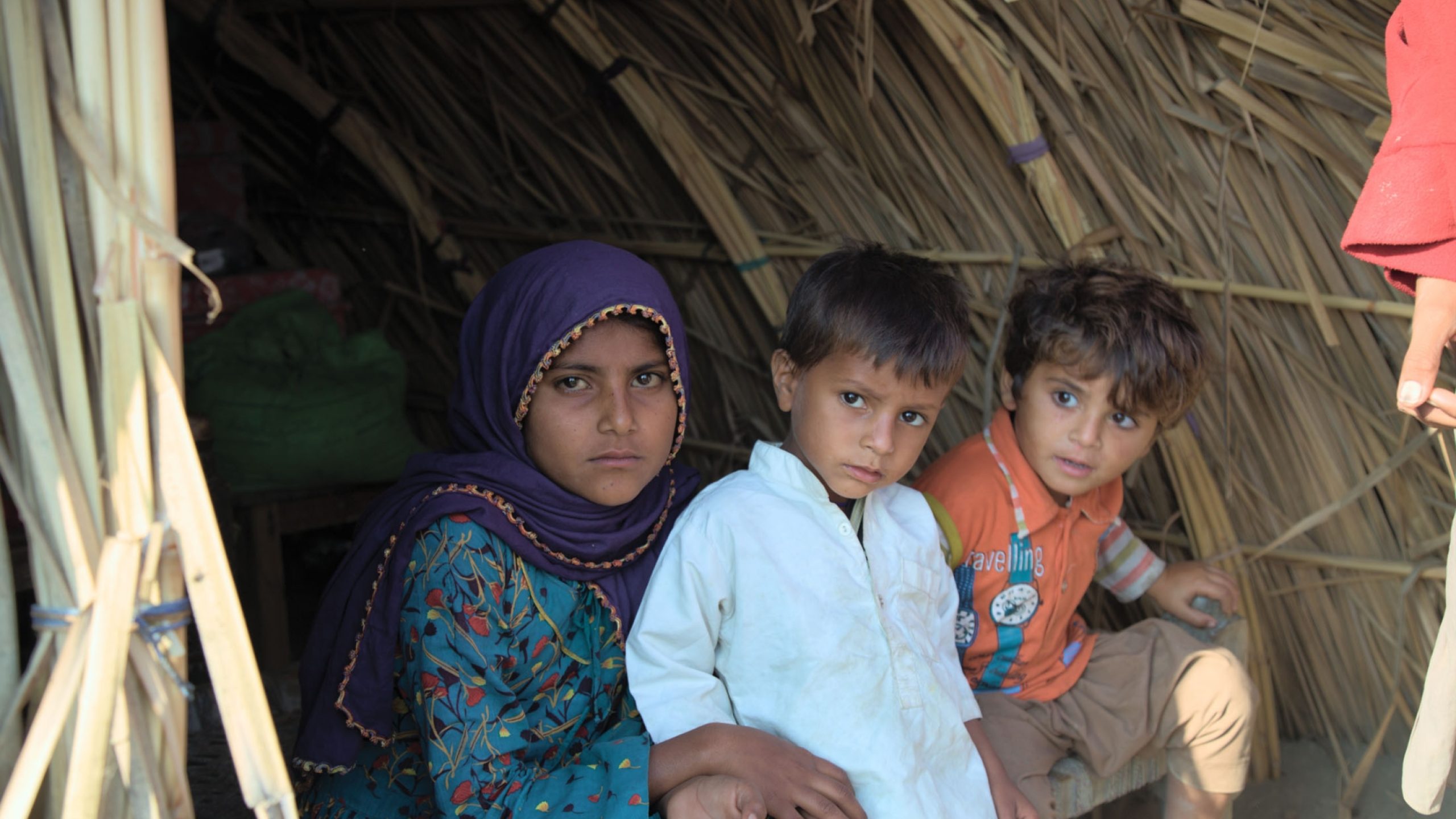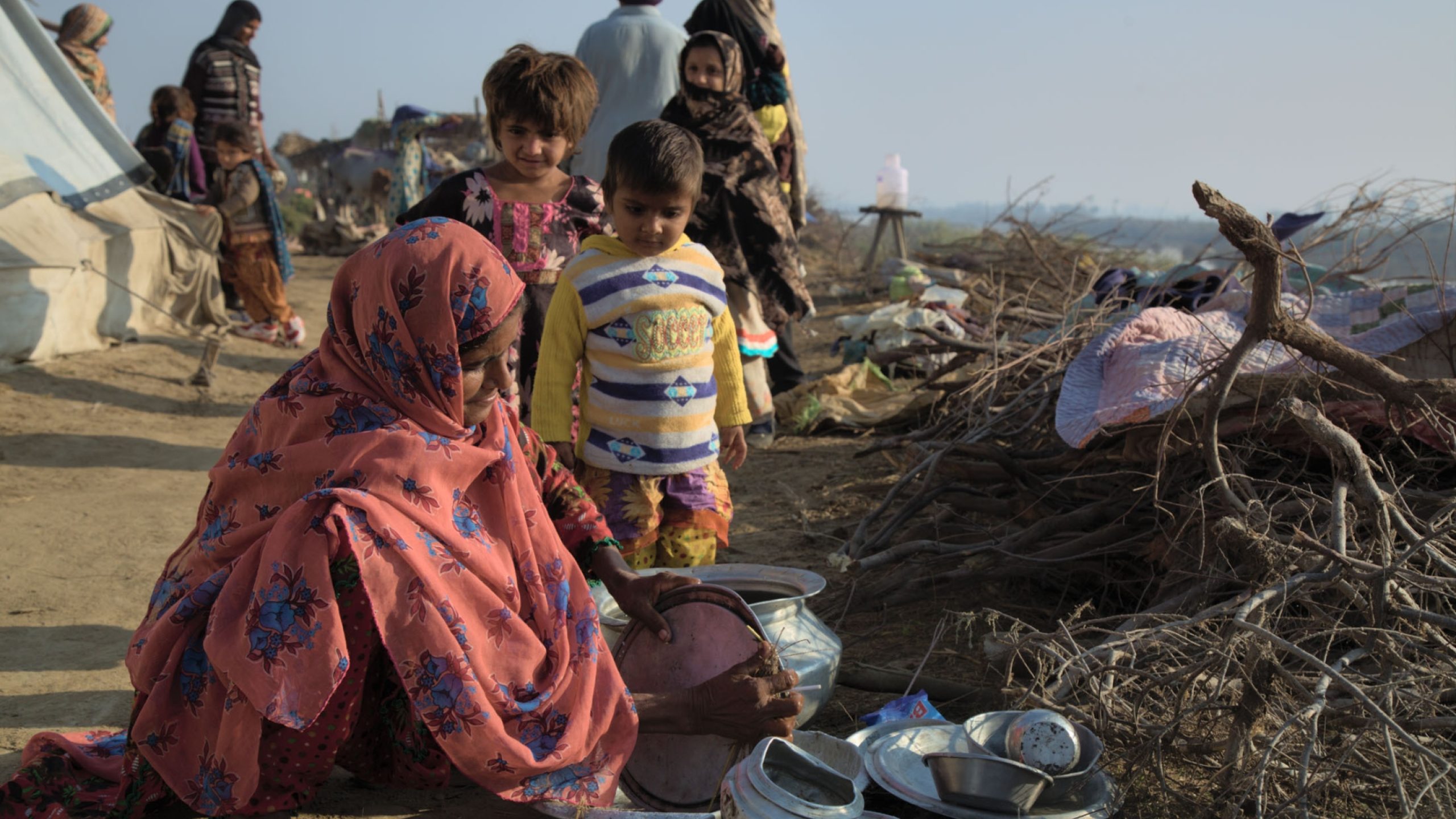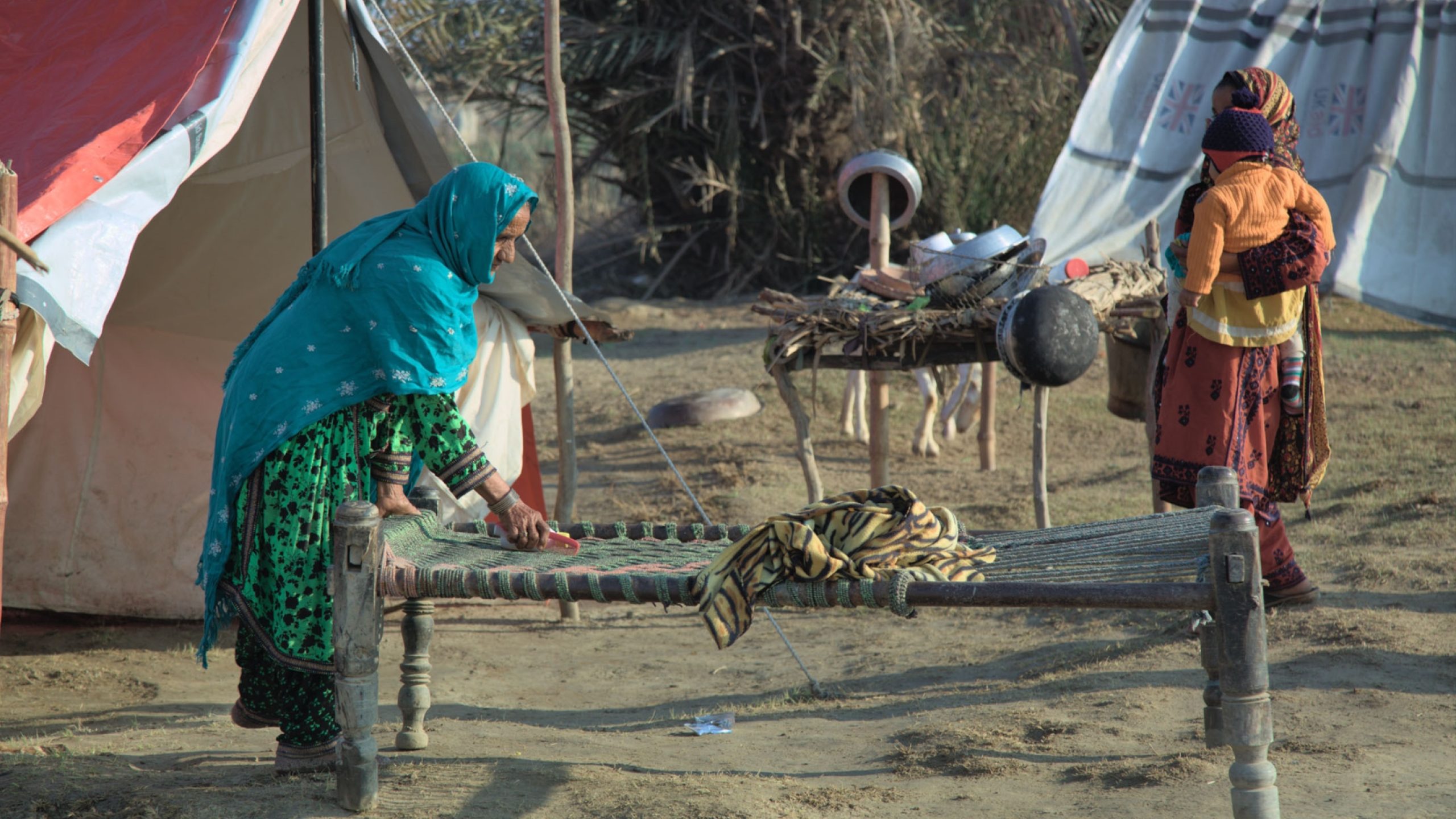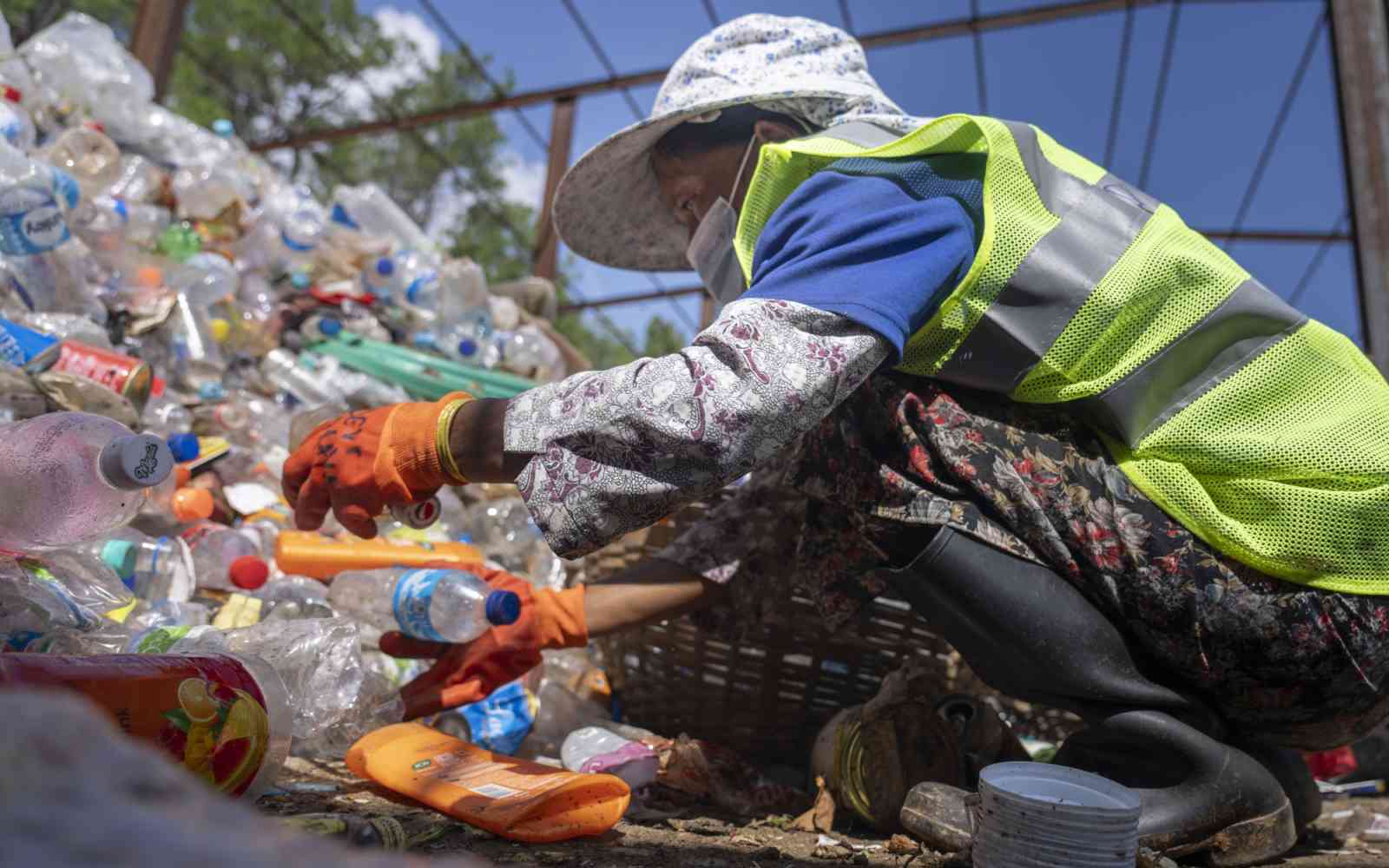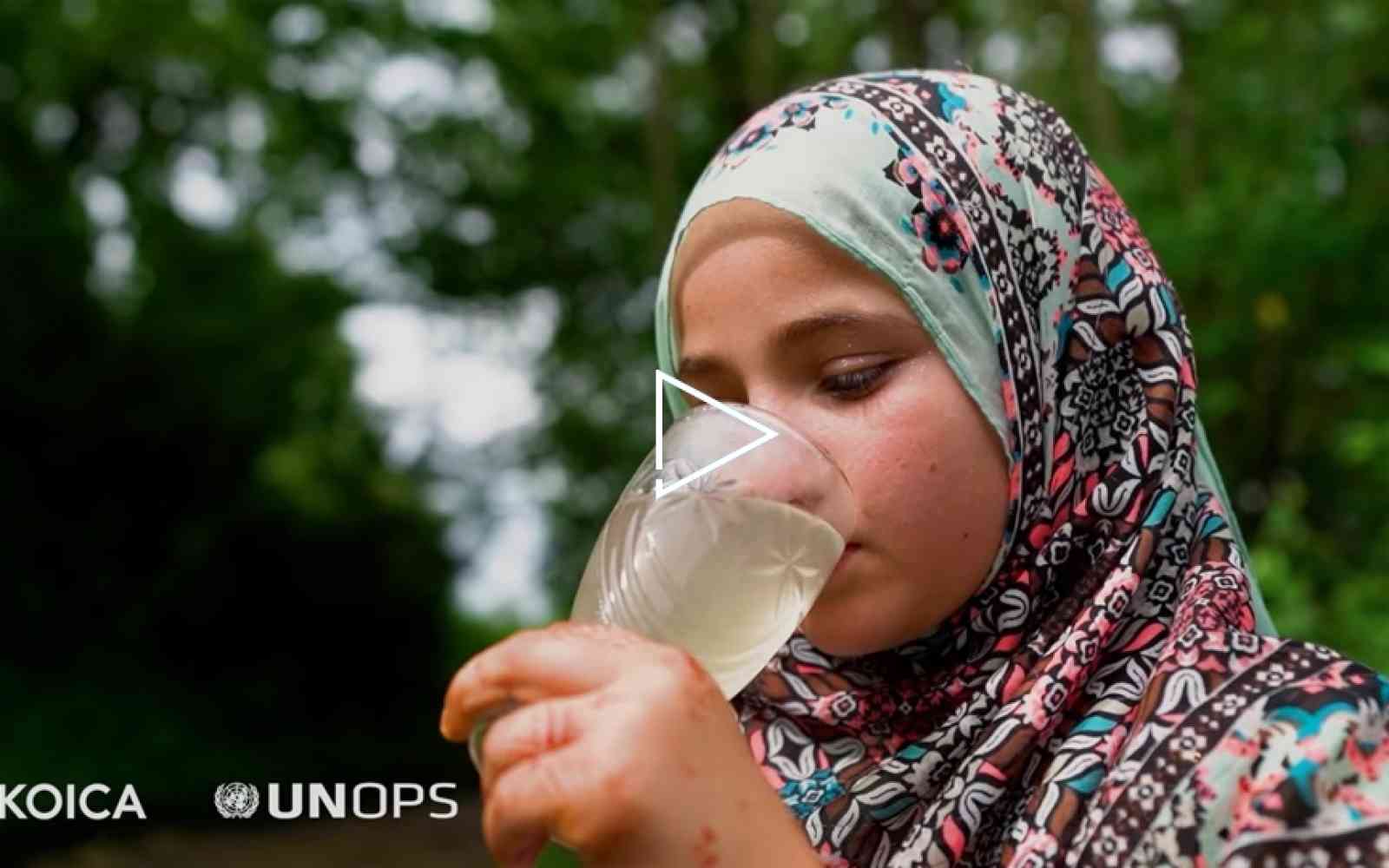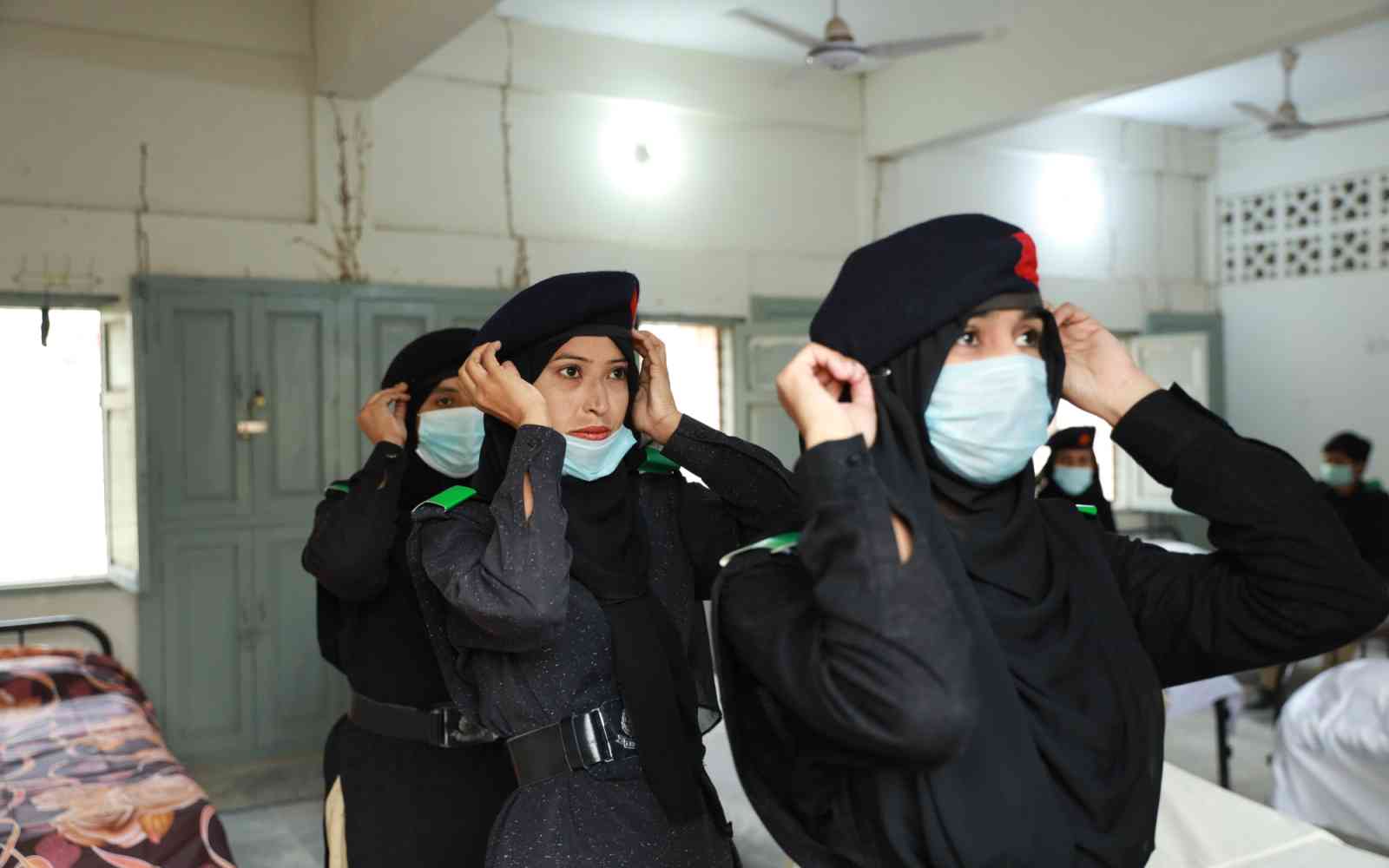The United Nations Office for Project Services (UNOPS)
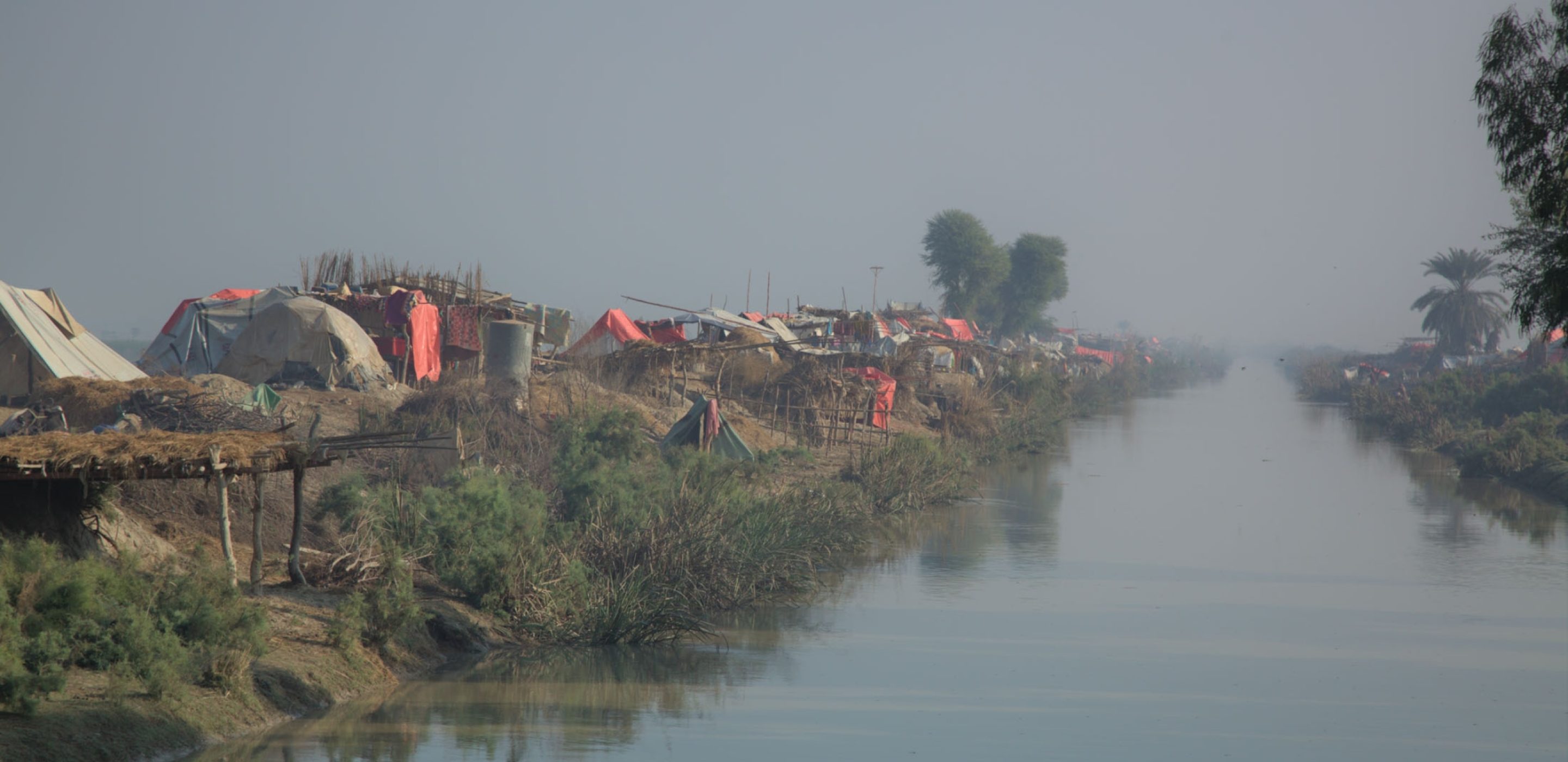
A difficult lesson from the Pakistan floods
Last year, catastrophic floods ravaged Pakistan. UN Secretary-General António Guterres called the event nothing short of a monsoon on steroids.
The impact of the floods was widespread, with communities in rural areas being particularly hard hit. The UN estimates that the once-in-a-generation weather event claimed over 1,700 lives and affected the lives of 33 million more.
At its peak, the floods left a third of the country under water and marooned entire regions.
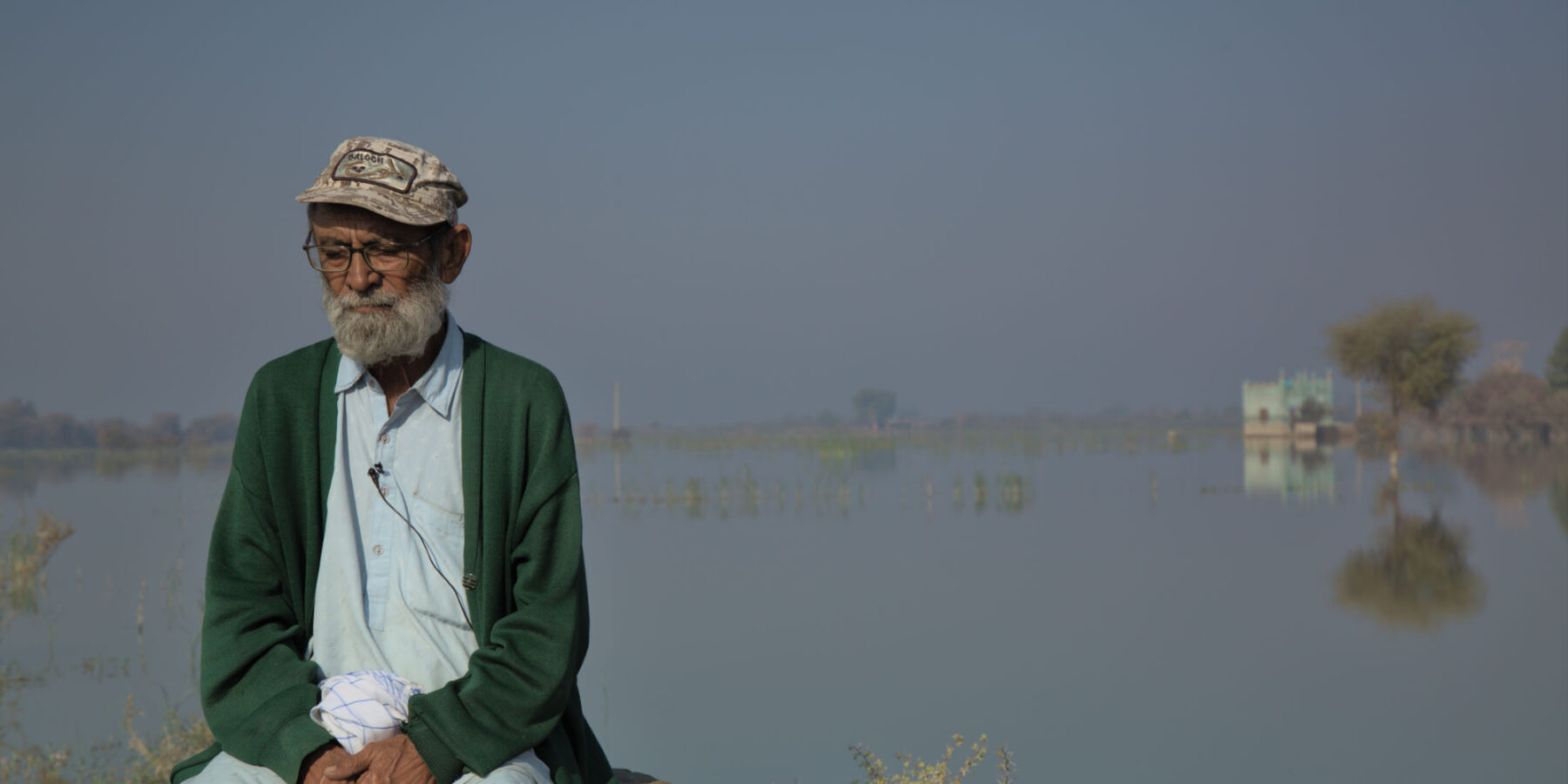

Mir Muhammad Jamali describes the day he watched his home and village vanish.
“In my family, including my daughters and their children, there are about 20 in total. The flood occurred in July, at night, around 8:00 p.m. At that time, it was the season of rainfall in the whole of Pakistan. We thought the rain water would flow away soon. The intensity of the rain water increased around 6:00 a.m. in the morning.
“It pushed its way to our homes. We were only able to take out some furniture. Our goats died at that instant. Some of our money drained, so we were able to save a little amount. When the water reached five feet, then we didn't go back. What we brought, we had, what we lost was lost,” he says.




The immediate impacts of the flood are devastating. But cascading crises are still unfolding and estimated to persist for many months.
Growing poverty. Long-term food insecurity. The spread of diseases like malaria and typhoid. The interrupted education of millions of children …
Her house under water, Hoor Jahan has spent months living in a tent, away from home and any sense of normalcy.
“My kids were sick after the floods and one of them was so sick in the second month and was about to die. He had malaria and severe fever. My husband is in the village right now. He does fishing and sells it in the city. He makes very little money which is not enough. It gets very difficult. Look at us. We can't even survive,” she says.
Nearby, thirteen-year old Imran dreams of becoming a doctor and working for his community. But he, along with his sister and friends, have been out of proper school since the unprecedented flood, with no immediate plans to return.

"The flood came here, that's why school was closed and then study was not easy for us [...] I have seen the floods for the first time. It was scary. I thought everyone would drown in the water.”
Imran
While it is Imran’s first time experiencing a flood, Mir Muhammad Jamali, Hoor Jahan and other older Pakistanis are no strangers to flooding that occurs every decade or so. But the events of 2022 drew the attention of climate change experts around the world who say that human-induced climate change likely intensified the monsoon that flooded large parts of Pakistan.
“There is loss. There is damage. The devastation of climate change is real. From floods and droughts to cyclones and torrential rains. And as always, those countries least responsible, are the first to suffer.” - UN Secretary-General António Guterres, at the International Conference on climate resilient Pakistan
According to the Pakistan Meteorological Department, in August 2022, national rainfall was 243 per cent above average. In the Sindh Province, where Mir Muhammad Jamali, Hoor Jahan and Imran live, rain was over 726 per cent above average.
Experts warn that the 2022 floods in Pakistan should serve as a stark reminder of the devastating impacts of climate change. It highlights the need for increased investment in disaster risk reduction and preparedness, improved land use planning, and the adoption of sustainable development practices that prioritize the environment and community well-being.
“We worry all the time. You people can also help us [...] We have nothing at all,” says Mir Muhammad Jamali.
With over $7 million in funding from the World Bank, UNOPS is assisting the government with procuring 3 million mosquito nets and 1 million tents. To date, 27,000 tents and 2.2 million mosquito nets have been delivered to Sindh's Provincial Disaster Management Authority. Further, UNOPS supported the Post Disaster Needs Assessment with the World Bank and government of Pakistan, and are liaising with the construction sector to review the Green Building Guidelines to design and construct climate adapted infrastructure.







